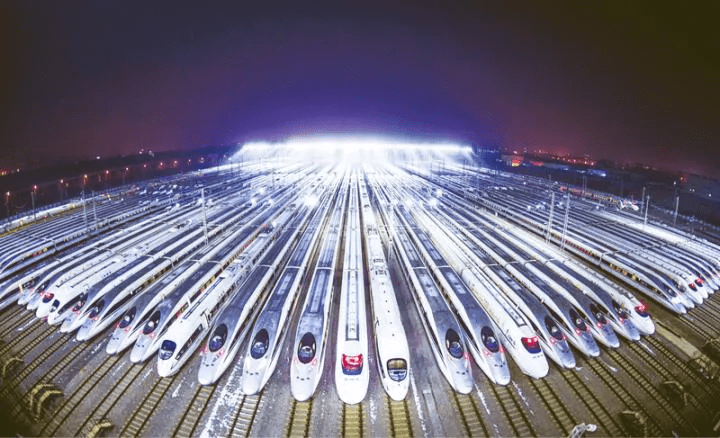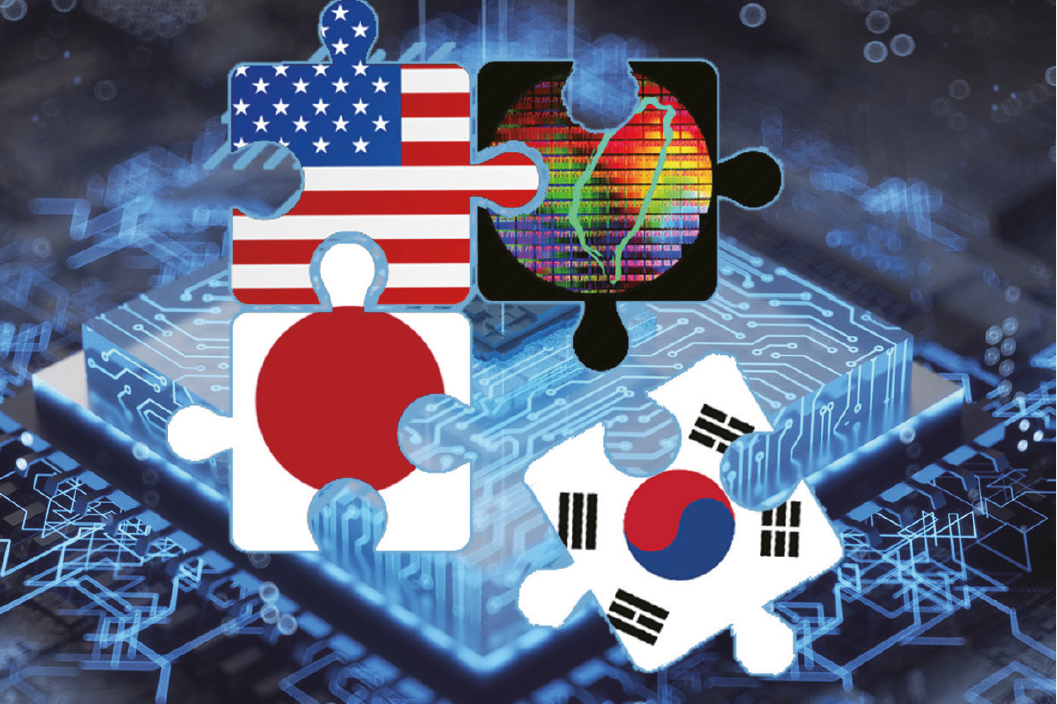
He Weiwen, Senior Fellow, Center for China and Globalization, CCG
Oct 27, 2022
Modernization is the only way forward for China, which is offering enormous opportunities, not threats, to the world. There is every reason to seek areas of mutual benefit with the United States and the road map to the future, if followed, will be good for China and good for America.
Xu Hongcai, Deputy Director, Economic Policy Commission
Oct 25, 2022
After the 20th Party Congress, relations with the U.S., Europe and Japan are likely to improve, as China continues to pursue high-quality development and the integration of domestic demand with supply-side structural reforms.
Leonardo Dinic, Expert in Geopolitics and International Business, the Future of Work, and Emerging Technologies
Oct 21, 2022
Sanctions placed on Russia by Europe and the U.S. have only allowed Moscow to continue making money off exports, while simultaneously strengthening its relationship with Beijing.
Joseph Vaughan, Masters Student, Johns Hopkins University School of Advanced International Studies
Justin Feng, Masters Student, Johns Hopkins School of Advanced International Studies
Oct 14, 2022
Export controls are central in economic competition between the U.S. and China. A new U.S.-led multilateral export control regime could further entrench efforts to exclude China from accessing Western technology.
Zhang Jun, Dean, School of Economics, Fudan University
Oct 12, 2022
Last January, China’s government forecast that the country’s economy – which, at the time, was experiencing a strong rebound after the initial pandemic slowdown – would grow by 5.5% in 2022. But by the second quarter, unfortunately, the rapid spread of the Omicron variant of COVID-19 had forced the government to implement emergency containment measures in its most economically dynamic cities, including Beijing, Guangzhou, Shanghai, and Shenzhen.

Zhang Monan, Deputy Director of Institute of American and European Studies, CCIEE
Oct 11, 2022
America may not be able to block China’s core momentum in the manufacture of high-end semiconductors, even with its suppressive CHIPS Act. Rather, the global semiconductor industry will inevitably divide into two parallel, competing systems.
Oct 11, 2022
The risk of global economy going into recession has grown.
Leonardo Dinic, Expert in Geopolitics and International Business, the Future of Work, and Emerging Technologies
Oct 03, 2022
It’s been a few months since China hosted the virtual BRICS Summit over the summer, but the group is continuing their efforts to bring the summit’s theme to reality: “foster high-quality BRICS partnership” and “usher in a new era for global development.”
Stephen Roach, Senior Fellow, Yale University
Sep 30, 2022
It is tempting to give America’s Federal Reserve great credit for its recent about-face in tackling inflation. It is equally tempting to give Chinese President Xi Jinping great credit for his stewardship of a rising and strong China. But neither deserves it – and for a similar reason.
Andrew Sheng, Distinguished Fellow at the Asia Global Institute at the University of Hong Kong
Xiao Geng, Director of Institute of Policy and Practice at Shenzhen Finance Institute, Chinese University of Hong Kong
Sep 30, 2022
Can a region as complex and fast-changing as Asia devise and implement a comprehensive development plan? The Jakarta-based Economic Research Institute for ASEAN and East Asia, which just released its third “Comprehensive Asia Development Plan” (CADP), thinks so.
Back to Top

- China-US Focus builds trust and understanding between the U.S. and China through open dialogue among thought leaders.
- Our Offerings
- Topics
- Videos
- Podcasts
- Columnists
- Research Reports
- Focus Digest
- Stay Connected
-
Thanks for signing up!
- Get the latest stories from China-US Focus weekly.